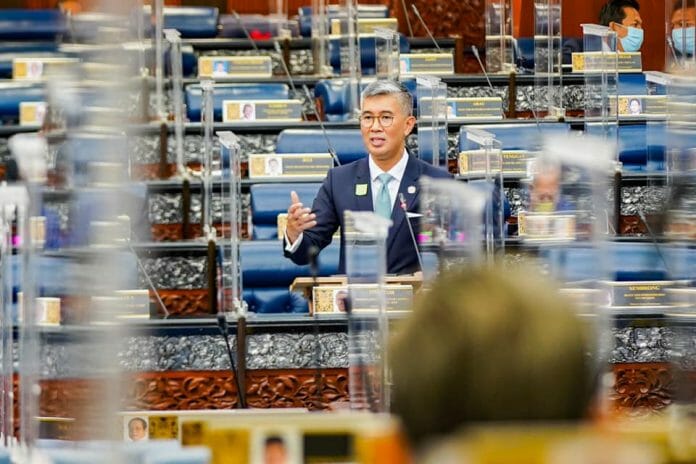IDEAS welcomes the pre-budget statement published recently, it adds the PBD is an important tool for fiscal transparency and governance which sets the foundation for the government’s budget strategy and policies for the upcoming fiscal year.
Alissa Rode, Manager of the Public Finance Unit at IDEAS said “a consultative approach to the national budget is essential in ensuring that policies are relevant and inclusive. Therefore we anticipate the PBS being followed up by a comprehensive effort in getting public participation.”
The PBS provides a comprehensive view of the government’s initiatives and programs that are in progress while providing a broad view of the upcoming policy objectives that will be implemented in the areas of economic recovery, improved social protection, and reforms in business and priority sectors. IDEAS calls for a PBS that provides a more concrete indication of forecast expenditures, revenues, debt, and borrowings, as required by the OECD best practices.
The Institute notes that there will be a strong indication that the government will shift to targeted subsidies and targeted assistance for vulnerable groups. “Subsidy rationalisation is important for fiscal sustainability moving forward, given the limited fiscal space that we have,” said Alissa. “The PBS indicates that petroleum and cooking oil subsidies alone are projected to balloon to RM30 billion from the budgeted RM4 billion. Therefore, we need to proceed in a manner where subsidy expenditure is more predictable and manageable. “Subsidy rationalisation combined with more effective distribution would ensure that the government channels public resources to groups that are most in need”.
It also notes the Ministry of Finance’s commitment to mitigate tax base erosion and profit shifting of global taxpayers, in line with OECD standards. The shift in tax strategy should also be complemented by deeper thinking on the non-fiscal incentives that bring value to investors in Malaysia, including efforts in deepening our talent pool in global services management, E&E, and digitalisation, and policies that encourage the environmental, social, and governance (ESG) agenda. “As a developing country aiming to digitise and automate its sectors, it is important that the local sectors are supported by FDIs with specific know-how and expertise. This is where non-fiscal incentives need to be investor-friendly, especially in a post-pandemic setting,” said Dr. Juita Mohamad, Research Director at IDEAS.
She added the publication of the PBS is a step in the right direction for a well-governed, transparent budget process and further calls for the government to publish a Mid-year Review to enable oversight of the nation’s fiscal position at the halfway point of the financial year.









